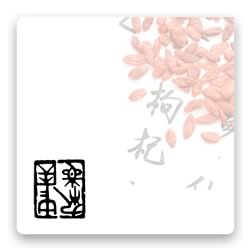We use cookies to make your experience better. To comply with the new e-Privacy directive, we need to ask for your consent to set the cookies. Learn more.
Why Randomised Placebo-controlled Trials are Inappropriate for Acupuncture Research
Did you know?
For the cost of 5 articles (students) or 10 articles (practitioners) you can buy a year's access to the entire Journal of Chinese Medicine article archive.
SKU
JCM119-47
Although real acupuncture usually outperforms usual care or no treatment in research studies, when compared to sham acupuncture the differences are often small. This has been described as a ‘paradox in acupuncture research’. Is it because acupuncture is just ‘theatrical placebo’? Or because sham acupuncture is not inert? Or perhaps because the real acupuncture used in the study was not optimal? This paper addresses the first two questions. The randomised placebo-controlled trial (RCT), often referred to as the ‘gold standard’ for healthcare research, were designed to measure a single variable while attempting to control for all others. They were first developed to assess medications, but are problematic as a research model for assessing complex skillbased therapies including acupuncture, psychotherapy and surgery. There is now evidence that shows that sham acupuncture protocols used in trials to date have not been inert and in fact produce effects that real acupuncture does not. This has caused a consistent underestimation of the effect size of real acupuncture. Another factor impacting on acupuncture research is the prevailing understanding of placebo, which according to popular science is responsible for 30 per cent of all treatment effects. In fact, research is now suggesting that placebo effects may be much more complex than previously imagined, and may involve the genetic predisposition of subjects. Estimates of both the effect size and prevalence of placebo in studies have varied wildly, suggesting serious problems with how placebo has been measured. This article explores these problems with acupuncture research, and concludes that comparative trials - analysed using network meta-analysis to produce a ranked order of therapies in terms of effectiveness, safety and cost effectiveness - is much more useful for developing clinically relevant practice guidelines than the current model of RCTs analysed via systematic reviews.
| JCM Issue | JCM 119-47 |
|---|
Write Your Own Review
* Orders shipped outside of Europe are eligible for VAT relief and will not be charged VAT.

